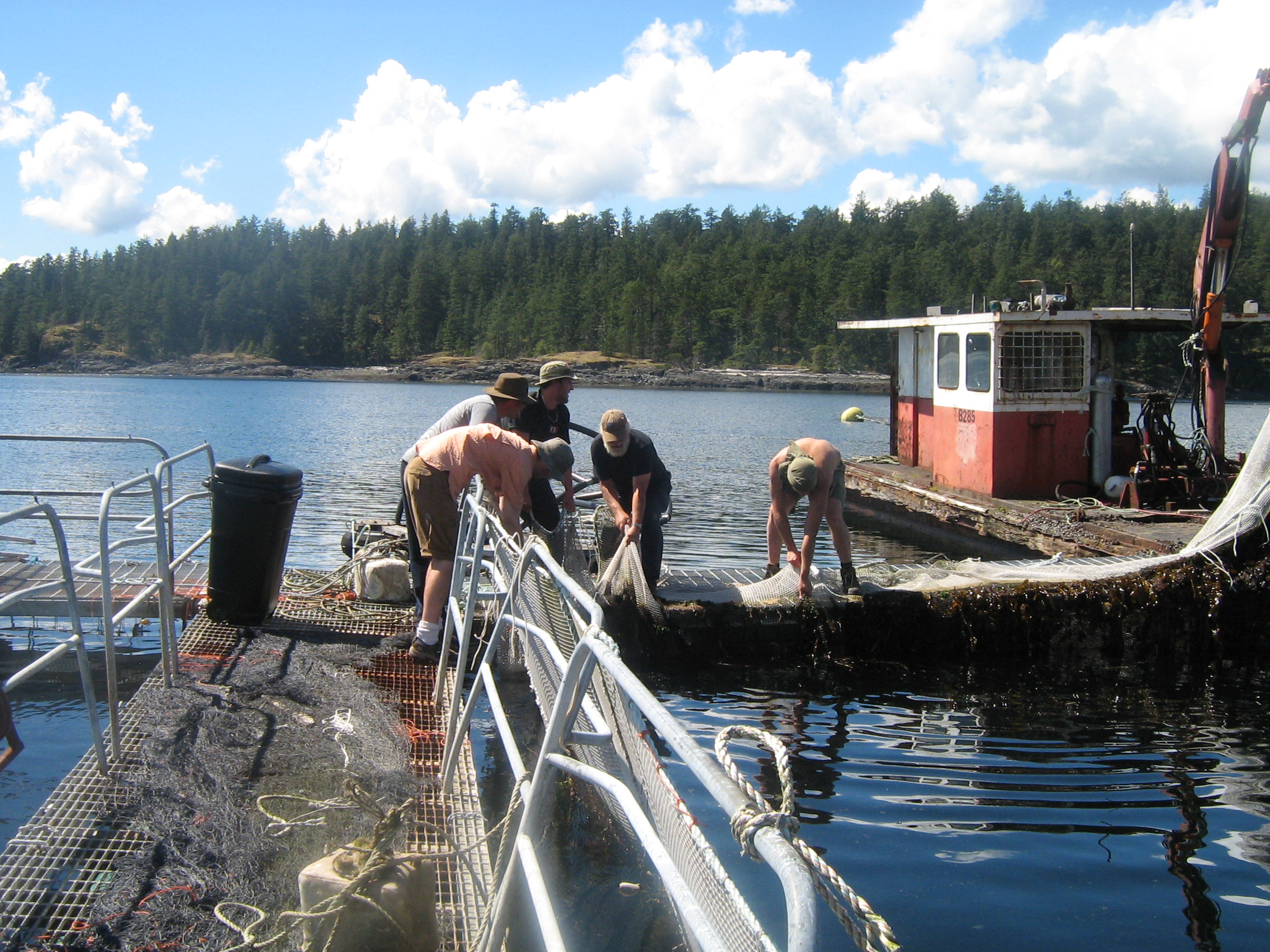Genetics of Adaptation

A major goal of my research is to understand the genes underlying adaptations. To achieve this goal, my research combines large-scale field studies with state-of-the-art genomics techniques. In particular, I focus on understanding genetic quality results from both good genes, which directly enhance fitness, as well as compatibility at important functional loci such as the Major Histocompatibility Complex (MHC). This research has a number of implications, including understanding the evolution of mate choice, optimizing the design of artificial breeding programs, and predicting the adaptive potential of species in changing environments.
Neurobiology and Endocrinology of Behaviour

Endocrinology has become a powerful tool used by behavioural ecologists to study complex traits such as parental care. My research in this area focuses on androgens because of their role in mediating aggressive behaviour and the potentially detrimental effects of elevated androgen concentrations on other systems critical for survival, such as immune function. The 'Challenge hypothesis' purports that increased circulating concentrations of testosterone during periods of heightened male-male aggression (e.g. territory establishment and courtship) and decreased androgen concentrations during periods of paternal care reflect the general incompatibility of androgens and the expression of parental caring behaviour. Conflicting results, however, have suggested that androgens may not be responsible for regulating parental care, but rather may decrease during the care period due to other factors such as the termination of physiological processes required for the production of sperm or associated secretions. Another group of hormones that is likely important in regulating reproductive behaviour are the glucocorticoids, which play a central role in the vertebrate stress response and in mobilizing the energy reserves through the regulation of metabolism. In collaboration with Rosemary Knapp at the University of Oklahoma, I am investigating the roles of these hormones on behaviour during parental care.
Conserving Native Biodiversity

The conservation of biodiversity is one of the greatest challenges facing biologists today. To this end, I am working to preserve and rehabilitate Canada’s economically and culturally important salmonid fishes. I am working with a number of groups on a major initiative to reintroduce Atlantic salmon into Lake Ontario, where these fish have been extinct for more than a century. This project is using a scientific framework to build on past restoration efforts, and has provided important insights that will help select the best strains for reintroduction based on adaptations to Lake Ontario habitat characteristics, resilience to competition with non-native salmonids, and patterns of genetic diversity at key functional loci. My research has also examined the resilience of fishes to climate change, and showed that Pacific salmon have little evolutionary or physiological capacity to respond to elevated temperatures. Linking this constraint on thermal tolerance with projected warming scenarios, my research indicates that climate change mitigation or other anthropogenic intervention is necessary to ensure the future viability of Canadian salmon populations.
Aquaculture

Human population growth has led to a significant global shortage of animal protein. Aquaculture is helping to meet this food gap, and shows unparalleled growth within the food industry at 10% per year. However, aquaculture continues to struggle with issues of sustainability and efficiency. My lab is currently contributing to the transformation of Canada into a global aquaculture leader by mobilizing cutting-edge scientific research to find practical solutions to these problems. For example, I have applied my findings on the genetic architecture of fitness to the development of a Chinook salmon stock that has increased growth rate and disease tolerance, which has helped my industry partners at Yellow Island Aquaculture Limited (YIAL) to become the first organic fish farm in Canada (no antibiotic use). We are now set to implement and scientifically evaluate new “green” technologies that will reduce environmental impact of fish farming on wild fishes and natural ecosystems, which has been a major impediment to the widespread development and acceptance of aquaculture in Canada.
